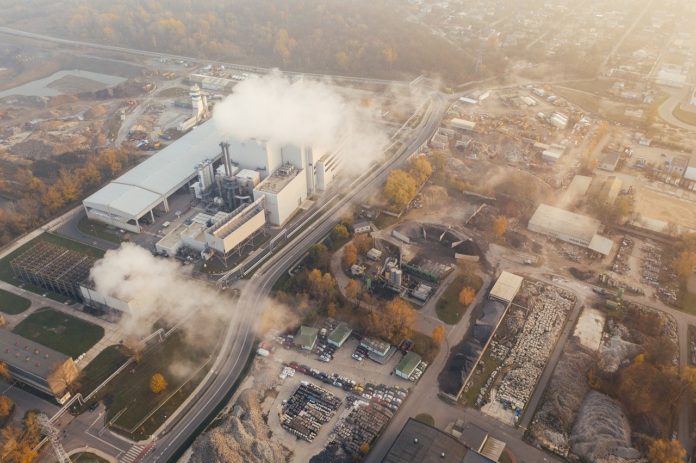The world has already passed the “point of no return” of global warming, and even a complete reduction in carbon dioxide emissions will not stop the rise in temperatures.
Scientists from Norway examined various scenarios for reducing anthropogenic greenhouse gas emissions or in simple words man-made GHG emissions and came to disappointing conclusions: even if emissions are completely reduced, the temperature rise will continue for at least another hundred years. The work of researchers from the Norwegian Business School in Oslo has been published in Scientific Reports.
Jorgen Randers and Ulrich Goluke developed their own model of climate change from 1850 to the present day and based on this, they made a forecast of changes in global temperatures and sea-level rise up to 2500 years.
According to them, even under the most favorable scenario, when anthropogenic greenhouse gas emissions peak in the 2030s and fall to zero by 2100, global temperatures by 2500 will still be three degrees higher, and sea level by two and a half meters higher than in 1850.
If greenhouse gases are reduced to zero right now, global temperatures will continue to rise for about a hundred more years due to the inertia of the global climate system, the melting of Arctic ice and permafrost.
The study authors believe that there are three important natural causes that will not quickly stop global warming:
- a decrease in the Earth’s albedo (the ratio of reflected radiation to the total radiation of the Sun and the atmosphere) due to a reduction in the area of ice;
- an increase in the content of water vapor in the atmosphere associated with an increase in temperatures;
- an increase in the content of greenhouse gases in the atmosphere due to the emission of carbon during the thawing of permafrost.
These three processes have a positive feedback loop that is easier to start than stop. They started in the 1950s, and the “point of no return” was passed already in the 1960s and 1970s.
Thus, in order to prevent rising temperatures and sea level, it is necessary not only to completely stop all emissions, but also to capture at least 33 gigatons of carbon dioxide from the atmosphere annually and somehow utilize or store it.
At the same time, the authors of the study admit that their model is much simpler than those on which the Intergovernmental Panel on Climate Change is guided on forecasts, but it takes into account all the main factors affecting the climate and the feedback mechanisms between them.
Scientists stressed that they do not call for inaction, but want to draw attention to a situation that is much more serious than previously thought.
